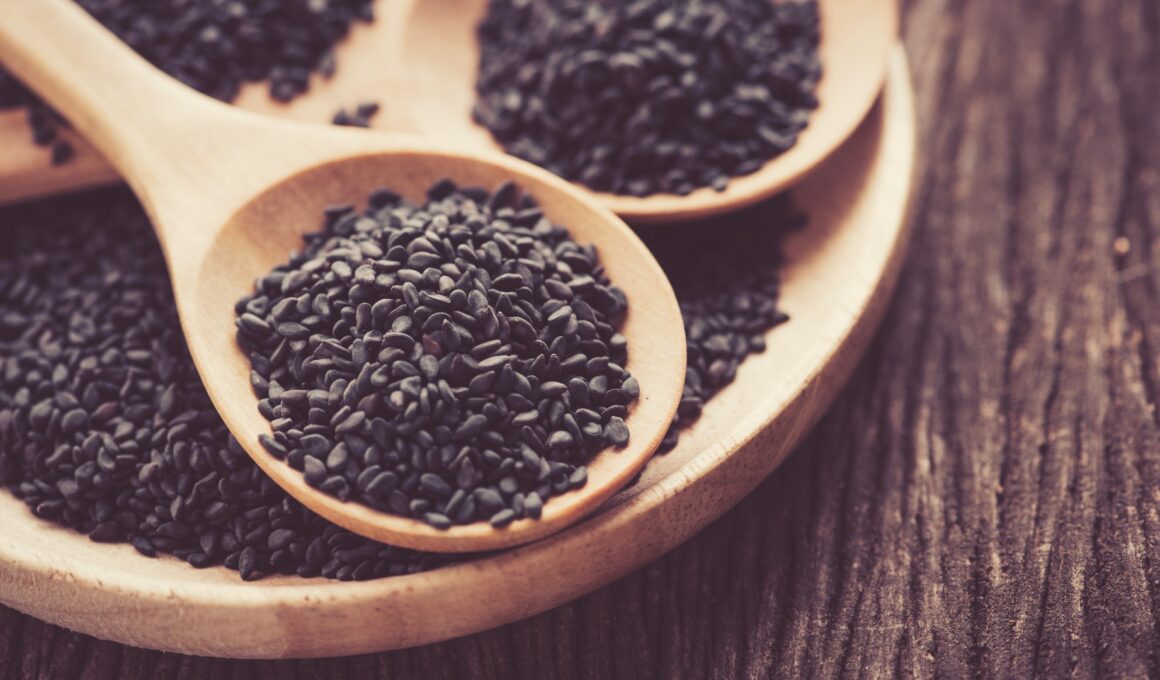Black cumin seeds, also called nigella sativa, are dark crescent shaped seeds that come from a small flowering plant found in South Asia. For centuries it has been used in the Middle East and India as a food spice and has also been well renowned for its range of health benefits. Today it remains popular as a ‘super food’ and it turns out that it does indeed have many beneficial properties.
Nutrients and Benefits
In fact, black cumin seeds contain over one hundred chemical compounds, some of which have yet to be identified. These include crystalline nigellone, thymoquinone, potassium, beta carotene, oleic acid, linoleic acid, vitamin B1, 2 and 3, folic acid, calcium, iron, copper, zinc, phosphorous, myristic acid and many more.
This then results in a vast number of health benefits including strengthened bones (calcium), increased energy (iron and vitamin B), better smell (zinc), improved immune function (beta carotene), reduced cramping (potassium) and more.
As well as being a great source of minerals and nutrients, black cumin seeds have several other benefits including:
Antihistamines
Allergic reactions such as hay fever are caused when the body produces histamines to trigger an immune response. This can be combated using antihistamines such as protein kinase C which is found in black cumin.
Anti-Indigestion
Black cumin can help to combat bacteria such as E. coli and shigella spp, which can lead to digestive disorders.
Anti-Inflammatory
Black cumin may be useful as an anti-inflammatory agent thanks to the thymoquinine content. Some suggest applying it topically to the skin to combat inflamed acne, though I’d still recommend sticking to brand creams and products.
Anti-Carcinogenic
Black cumin seeds are also a good source of essential fatty acids which have an antioxidant effect. Consuming black cumin can help to reduce the number of free radicals loose in the body which is highly beneficial as free radicals cause the oxidative damage which leads to the visible signs of ageing and in severe cases DNA damage (which in turn causes cancer).




